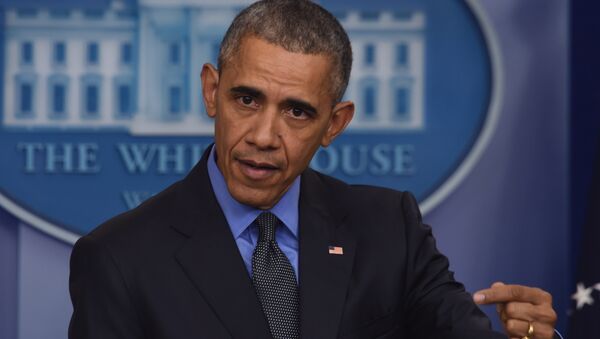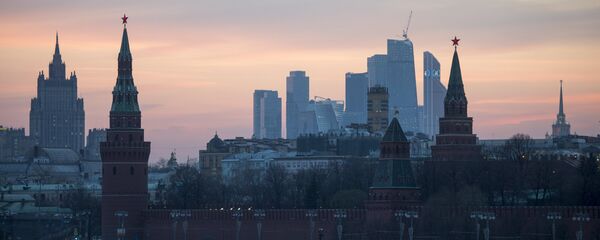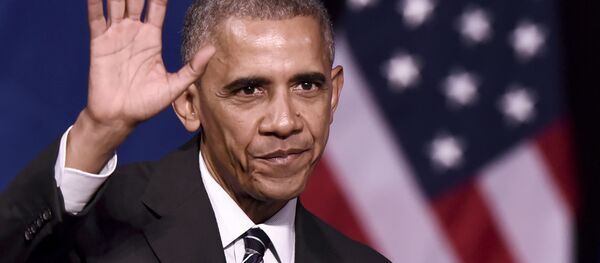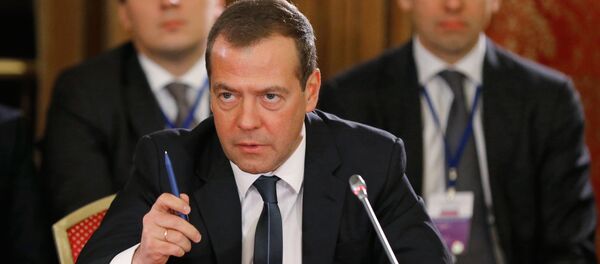The latest expansion of sanctions came a month before the inauguration of the new American leader.
President-elect Donald Trump will officially assume power on January 20. A large part of his campaign was about Russia and his vision of relations between Washington and Moscow. Recently, Trump said Russia is not a geopolitical adversary for the US. According to Trump, the two countries could cooperate on a number of issues, particularly in the fight against terrorism in the Middle East.
Obama is a lame duck, an elected official approaching the end of his term and his successor has already been elected. According to the tradition of US democracy, a lame duck president usually prefers not to make radical political decisions, thus facilitating the transition of power to his successor. This allows for providing continuity of power, regardless of what party wins the election.
As another example, during his campaign Trump promised to create new jobs by lifting restrictions on extraction of mineral resources in the US. Recently, Obama imposed a ban on oil and gas production in vast areas of the Arctic and Atlantic regions. The move was announced in a joint statement by the US and Canadian governments.
According to the expert, this is the main reason why Obama has recently been making steps contradicting with Trump’s policy.
"To some extent, Obama wants to set a vector for Trump’s administration in the early stage of its work," Mirzayan told RIA Novosti.
However, he stressed, these attempts cannot be productive and are rather demonstrative.
"The new US president can overturn all decisions made by his predecessor. Of course, to do that he will need certain political will. It would be more complicated to cancel decisions approved by Congress. But the current US congress is dominated by the Republicans, so it is not going to be much trouble," Mirzayan suggested.
As for sanctions against Russia, the new president could lift them with just one signature.
The removal of sanctions could be blocked by the so-called Stability and Democracy (STAND) for Ukraine Act, which Congress began to discuss in Spring. The document prescribes that sanctions against Russia over Ukraine can be lifted only after the US president submits to Congress a confirmation of Ukraine restoring sovereignty over Crimea. The act was expected to be in effect for five years.
However, in mid-December, it was reported that the US Senate decided not to vote on the bill. US media reported that the decision was pushed by lobbyists representing ExxonMobil. Company’s CEO Rex Tillerson has been appointed by Trump as the nominee for Secretary of State.
According to Mirzayan, this is not going to be a problem for the new president.
However, political analyst Evgeniy Minchenko warned that despite the fact that Congress is dominated by Republicans there is the lack of unanimity within the party on a number of issues, including anti-Russian sanctions.
"Now, the Republicans dominate Congress. They will soon have a majority in the US Supreme Court. They also control the majority of governors and local legislatures. This is an unprecedented situation since 1924. At the same time, many prominent Republicans are even more hardline towards Russia than Obama," Minchenko told RIA Novosti.
"He will have to negotiate, especially with those opposing his policy," the expert said.
Tillerson’s appointment as US Secretary of State could be a serious achievement for Trump’s administration.
"This would mean that Trump has come to an agreement with the Republicans. But he can only make that through mutual concessions. So, he’s likely to abandon some of his campaign promises," Mirzayan concluded.
Never miss a story again — sign up to our Telegram channel and we'll keep you up to speed!








